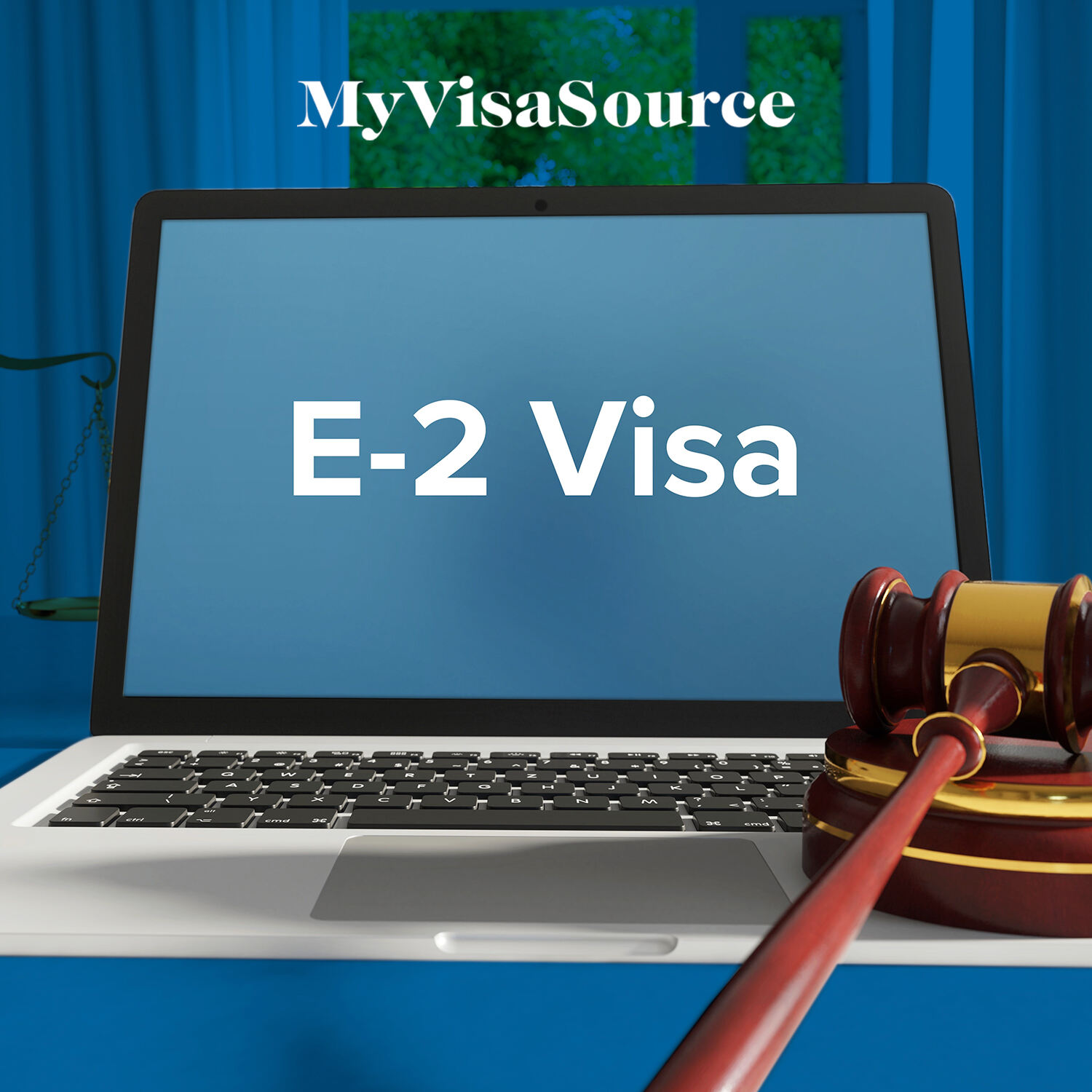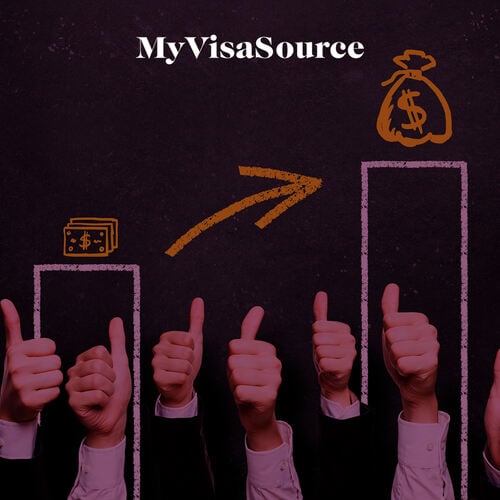The E-2 Treaty Investor Visa is for international entrepreneurs and investors who wish to establish or acquire a business in the United States. The E-2 Visa option is much more accessible and less expensive than the EB-5 Visa program.
The EB-5 Investor Visa requires you to invest at least $500,000 to $1,000,000 in a US company to gain permanent residence. Comparatively, if you apply for an E-2 visa, you come to the US for 2 years initially. This period can be extended any number of times.
To apply for an E-2 Visa, you must meet the eligibility criteria for the visa program. Here are some details about the E-2 investor visa program that you must keep in mind.
What Do You Need to Know About the E-2 Visa?
Substantial and “At-Risk” Investment:
As an E-2 investor, you will be required to prove that the capital you invested in the business is substantial and at risk. You will be required to have a detailed business plan for your venture and the substantiality of your investment based on the following factors:
- You must own at least 50% of the business you are investing in
- If you can not own 50% of the business, you must control the operations through a managerial position
- The amount invested in the business must be compared to the total cost of buying or establishing the business
- The amount must be substantial enough to demonstrate that you are committed to the success of the business
- You must be directly involved in the operations and management of the business
- The lower the cost of the business, the higher the proportion of the cost of investment should be. If the investment is less than $100,000, you will be required to provide the full amount
The investment made by the investor must be ‘at-risk or irrevocable. You can present the following documents to demonstrate that your investment is at risk:
- Canceled checks or money orders
- Business bill of sale
- Escrow documents
- Itemized list of goods and materials purchased for the start-up of the business
Marginal Nature:
The business being acquired can not be marginal, meaning that it can not increase in value through passive investment or idle means. For example, purchasing and holding the land in hopes of future value increase to earn profits.
Your business must generate an income that fulfills more than just the needs of you and your family but also enough to significantly contribute to the US economy.



















